No-Till Ideas and Composting Techniques
captaincompostal
17 years ago
Related Stories

GARDENING GUIDESGet on a Composting Kick (Hello, Free Fertilizer!)
Quit shelling out for pricey substitutes that aren’t even as good. Here’s how to give your soil the best while lightening your trash load
Full Story
EDIBLE GARDENSNatural Ways to Get Rid of Weeds in Your Garden
Use these techniques to help prevent the spread of weeds and to learn about your soil
Full Story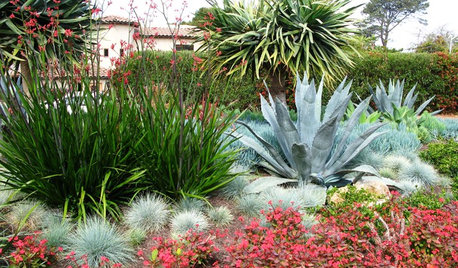
GARDENING GUIDESGardening Solutions for Dry, Sandy Soils
Has your desert or beachy site withered your gardening creativity? Try these ideas for a beautiful, easy-care landscape
Full Story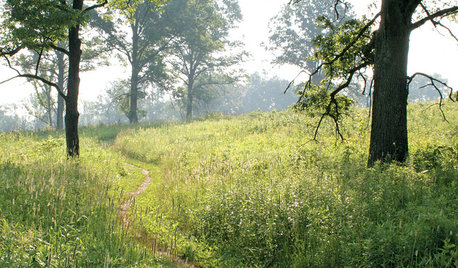
GARDENING GUIDES5 Easy Ways to Break Free of a Gardening Rut
Experience your garden in a whole new way — no big budget or major effort required — with these invigorating ideas
Full Story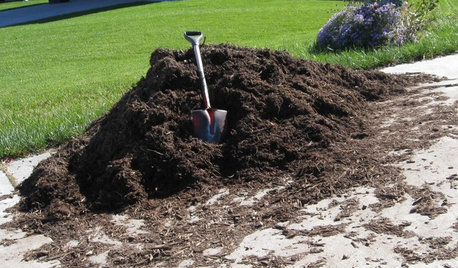
FRONT YARD IDEASBefore and After: Front Lawn to Prairie Garden
How they did it: Homeowners create a plan, stick to it and keep the neighbors (and wildlife) in mind
Full Story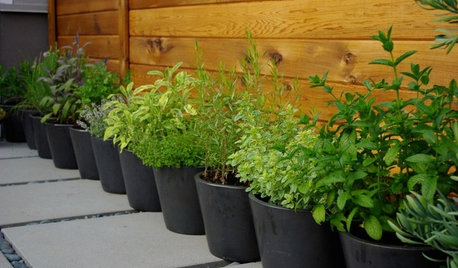
GARDENING GUIDES6 Ways to Grow Edibles in Small Places
No big backyard? Join in the grow-your-own fun with these small-space ideas for planting vegetables, fruits and herbs
Full Story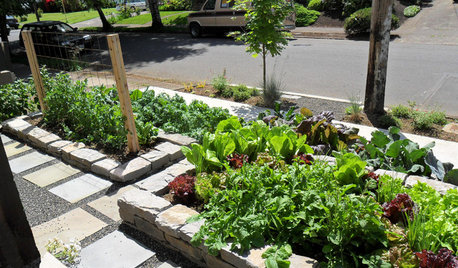
FRONT YARD IDEASWelcome Edibles Into the Front Yard for Fresh Food and More
Give your front yard design a boost and maybe even make new friends by growing fruits and vegetables
Full Story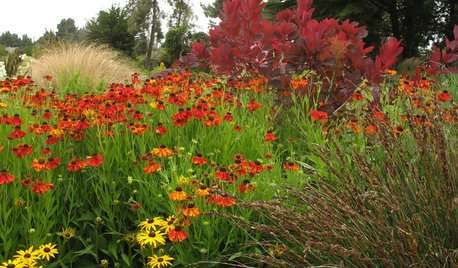
PLANTING IDEASWant a More Colorful, Natural Garden? Try a Perennial Meadow
Spend less time tending and more time taking in the sights by improving on Victorian and prairie garden designs
Full Story
GARDENING AND LANDSCAPINGRaise Backyard Chickens Without Ruffling Neighbors' Feathers
Before you build a coop in the backyard, follow these strategies to help keep your neighbors from squawking
Full Story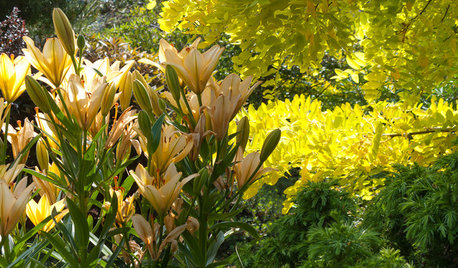
GARDENING GUIDESGreat Garden Combo: 3 Wonderful Plants for a Deer-Resistant Screen
Protect your privacy and keep deer at bay with a planting trio that turns a problem garden area into a highlight
Full Story



blutranes
pablo_nh
Related Discussions
Fluff, then compost or till it in?
Q
Till in Unfinished compost?
Q
Compost - Tilling in VS Topdressing II
Q
Cheap compost! till or no till?
Q
althea_gw
pablo_nh
pablo_nh
althea_gw
pablo_nh
blutranes
pablo_nh
blutranes
pablo_nh
blutranes
joepyeweed
pablo_nh
blutranes
pablo_nh
althea_gw
pablo_nh
joepyeweed
blutranes
rangier
joepyeweed
blutranes
pablo_nh
joepyeweed
pablo_nh
pablo_nh
althea_gw
joepyeweed
pablo_nh
amateur_expert
blutranes
althea_gw
pablo_nh
althea_gw
pablo_nh
althea_gw
pablo_nh
pablo_nh
joepyeweed
blutranes
althea_gw
pablo_nh
zabby17
kqcrna
Lloyd
sylviatexas1
althea_gw
pablo_nh
althea_gw